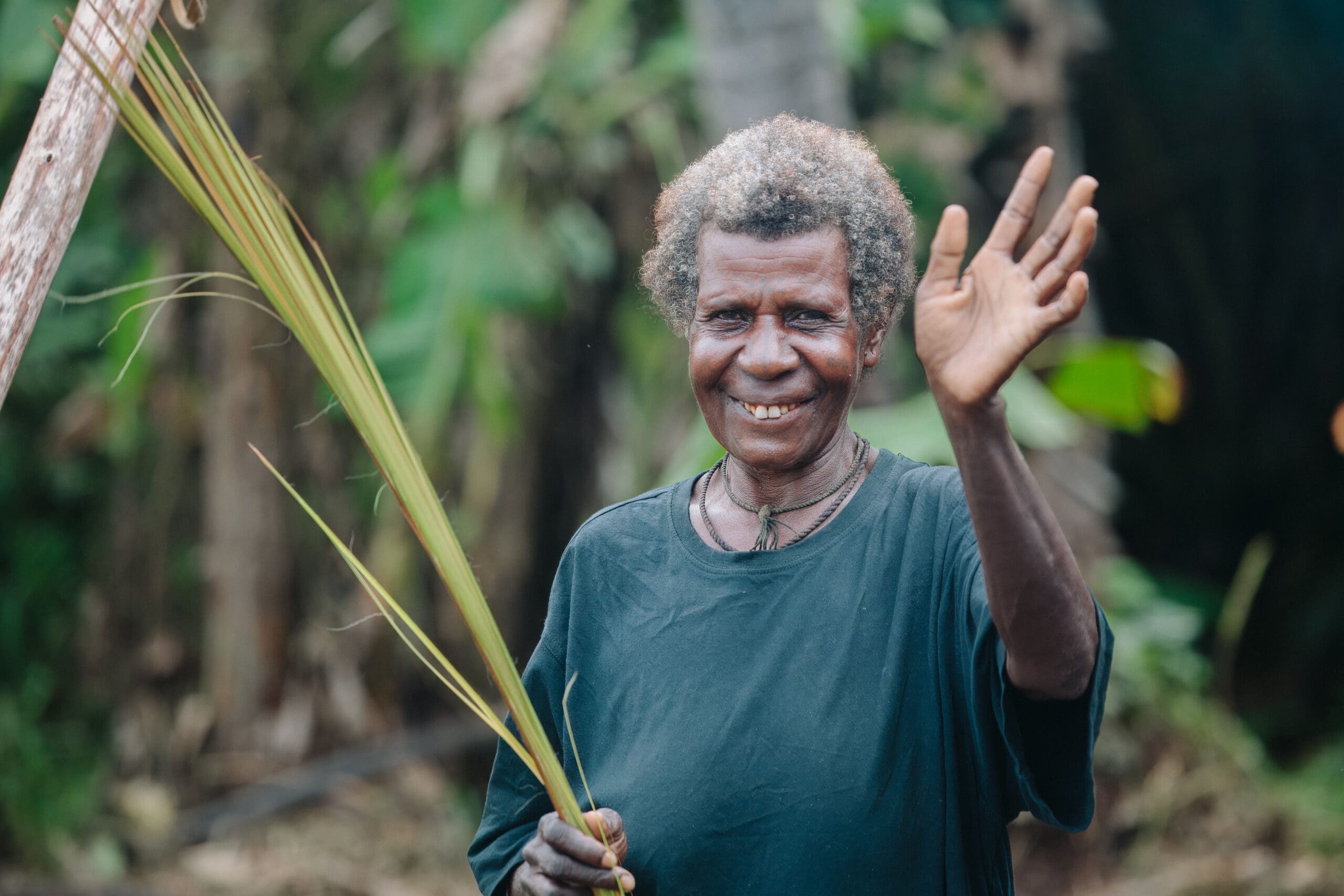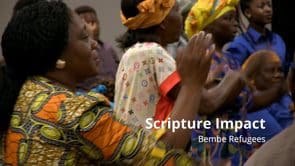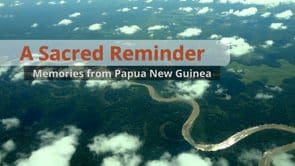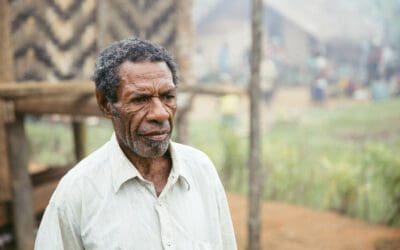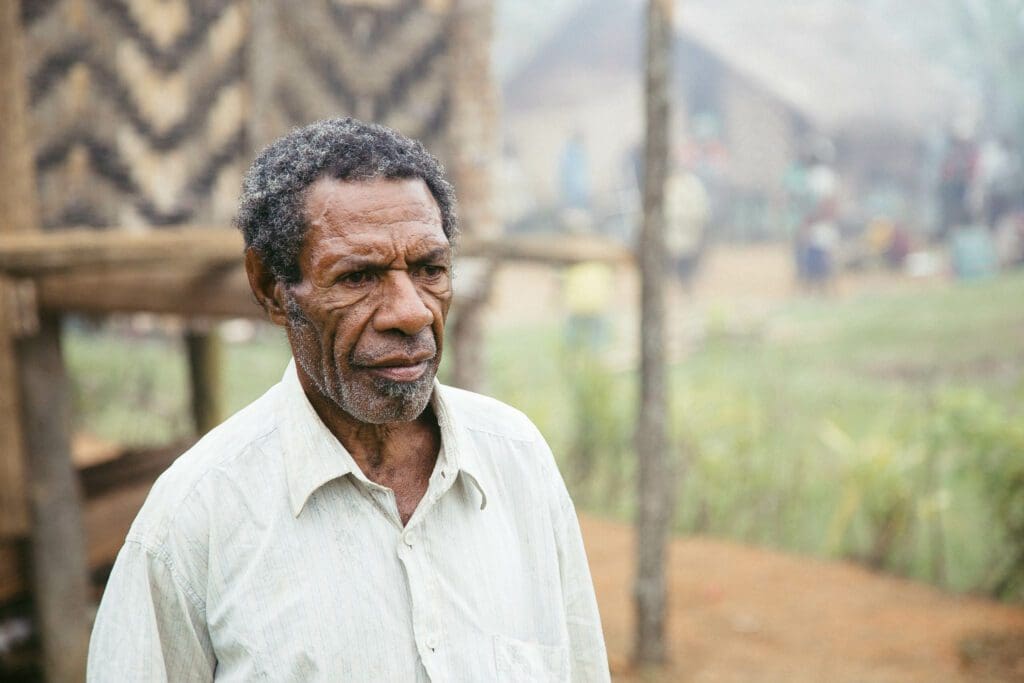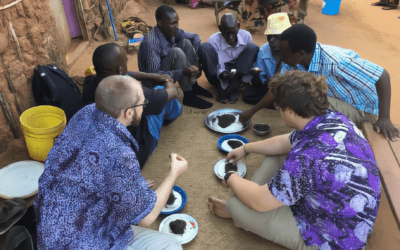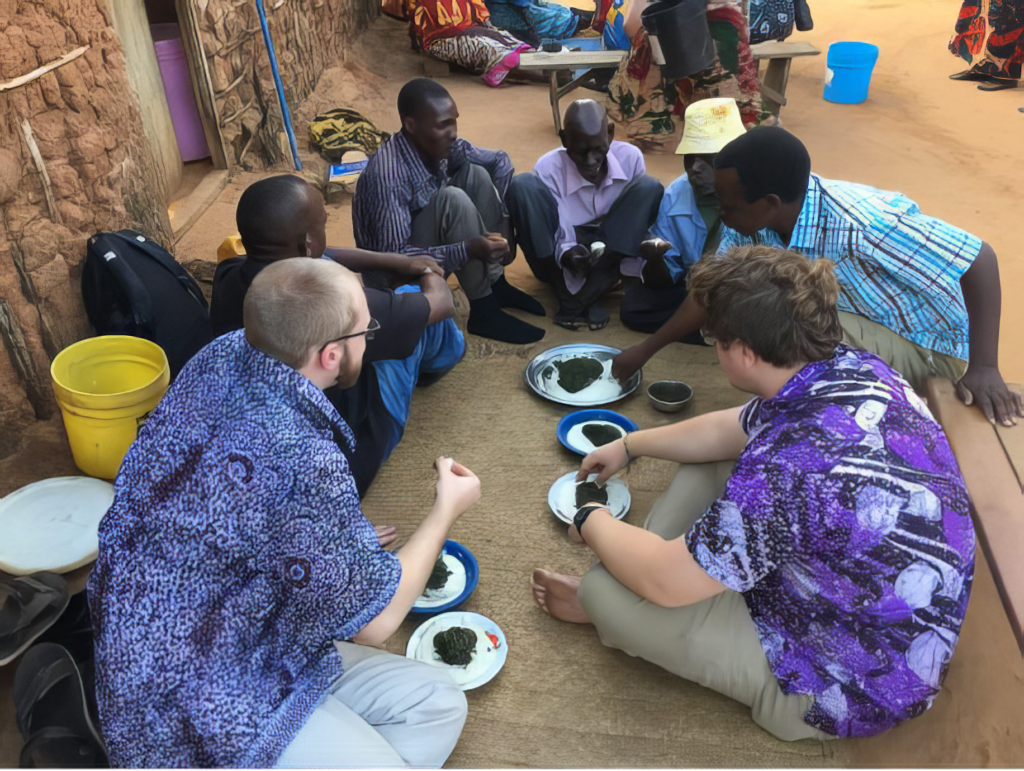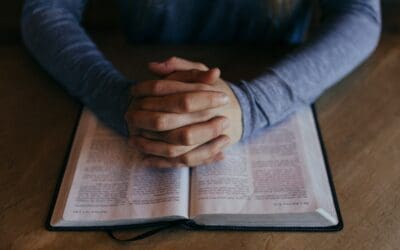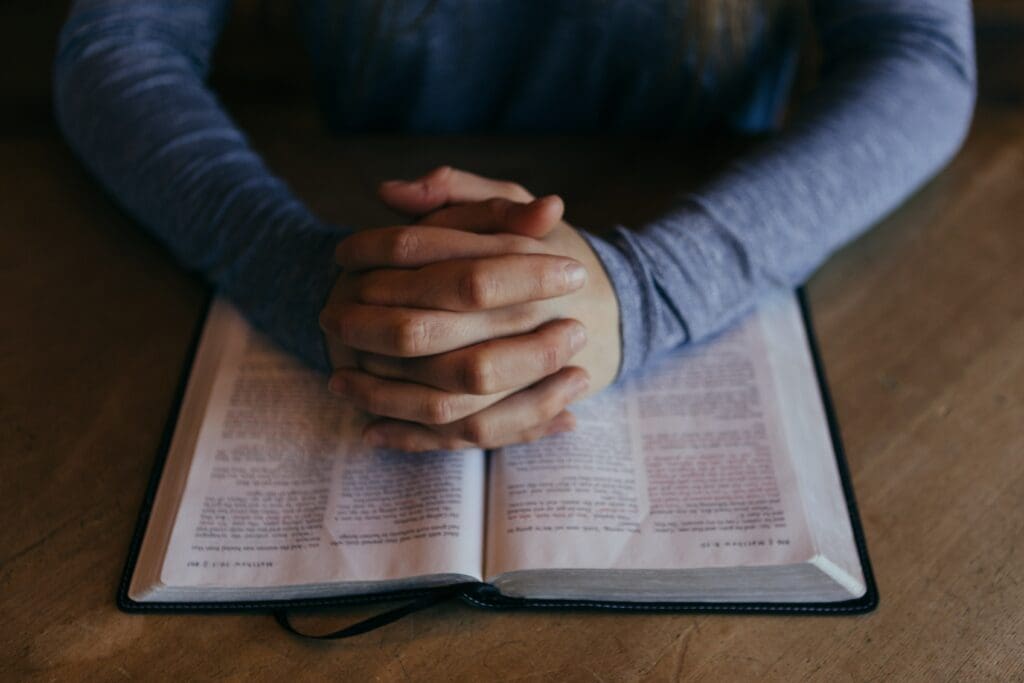“Your father died?” Laynah asked as I sat with her on the bark-slat porch outside her home.
Laynah had become my friend during my family’s earliest months in Papua New Guinea. Our grass-roofed hut had been right across the narrow dirt road from hers when we had lived in her village as part of our orientation to our new home. Even though we now lived and served in a nearby town, we returned to her village occasionally to nurture some of the relationships we had built nearly two years earlier.
My husband Mike was at another house, discussing some business with the village leader. Our three children were playing happily with old friends and new in the cool shade under Laynah’s house. As the children’s laughter drifted up to us, Laynah and I talked of a matter that touched us both deeply.
“Yes, Laynah, he died,” I answered her.
“Oh, I am so sorry. When did he die?”
“Last month.”
“Did you go home to see him?”
“Yes, I did. I went in August and I stayed for five weeks. Then I came back to Papua New Guinea.”
“And he died while you were home?”
“No, he died the week after I returned.”
“And then you went home again?”
“No, Laynah, I didn’t go home. I stayed here. This is where I belong now, and this is where my father and mother want me to be. My father did not want me to leave Papua New Guinea to attend his funeral.”
A look of uncertainty crossed Laynah’s face, as if the meaning of my words was unclear to her. After all, we were conversing in a language I had not mastered, one in which it is very difficult even for fluent speakers to communicate clearly on many topics, especially those that touch the heart.
After a brief pause, Laynah’s questions continued in an attempt to clarify what she hoped she had misunderstood.
“You went home to see your parents? And then you came back to Papua New Guinea? And then your father died?”
“Yes, Laynah, that is correct. That is what happened.”
Her look of uncertainty changed to one of fear. “You were not there for his funeral?”
“No, I was not.”
My friend Laynah feared deeply for me.
I did not have to guess what she was thinking. I was aware of the deep fear, rooted in beliefs inherited from their ancestors, that surrounded death for our village friends. Their fears intensified when the person who died had been an important leader. They believed that a person’s spirit lingered after death, watching to see if everyone showed proper respect by following all the prescribed mourning rituals. Those who failed to do so brought danger, not only to themselves but also to anyone in their extended families.
Death was indeed a fearful thing. So deeply entrenched were these traditional beliefs and the fear they spawned that believers often remained enslaved to them until they were supplanted by truths revealed in the Scriptures they did not yet have.
Laynah’s face registered the fear that was in her heart on my behalf. My father had died. He was an important man — a spiritual leader as well as the head of his family. And I had not been there to mourn in the just-right way to show my respect.
There was a reason for my absence. I had told my father of these beliefs during one of our many conversations in the hospital where cancer was destroying his body. A few days later he brought up that conversation. He had been thinking about it a great deal, and he had decided that he wanted me to leave soon to go back to Papua New Guinea. He wanted me to be there, not in the U.S. with him and my mom, when he died, and he did not want me to return for his funeral. My father wanted his death and my absence to be a profound demonstration of our faith that would speak clearly to my Papua New Guinean friends.
Now, in what felt like a pivotal moment, I shared with Laynah the words of the apostle Paul, that to be absent from the body is to be present with the Lord. Then I added, “Laynah, my father was a Christian. He lived God’s way. So I know that when he died, his spirit went immediately to heaven to be with the Lord. That’s what happens when a follower of Jesus dies. And so I have nothing to fear.”
She offered words of comfort. In return, I was able to offer words of life and truth.
It was a holy moment for both of us. Laynah offered words of comfort for my still raw grief. In return, I offered words of life and truth that held the potential to transform a corner of her heart that until now had been untouched by the Good News.
